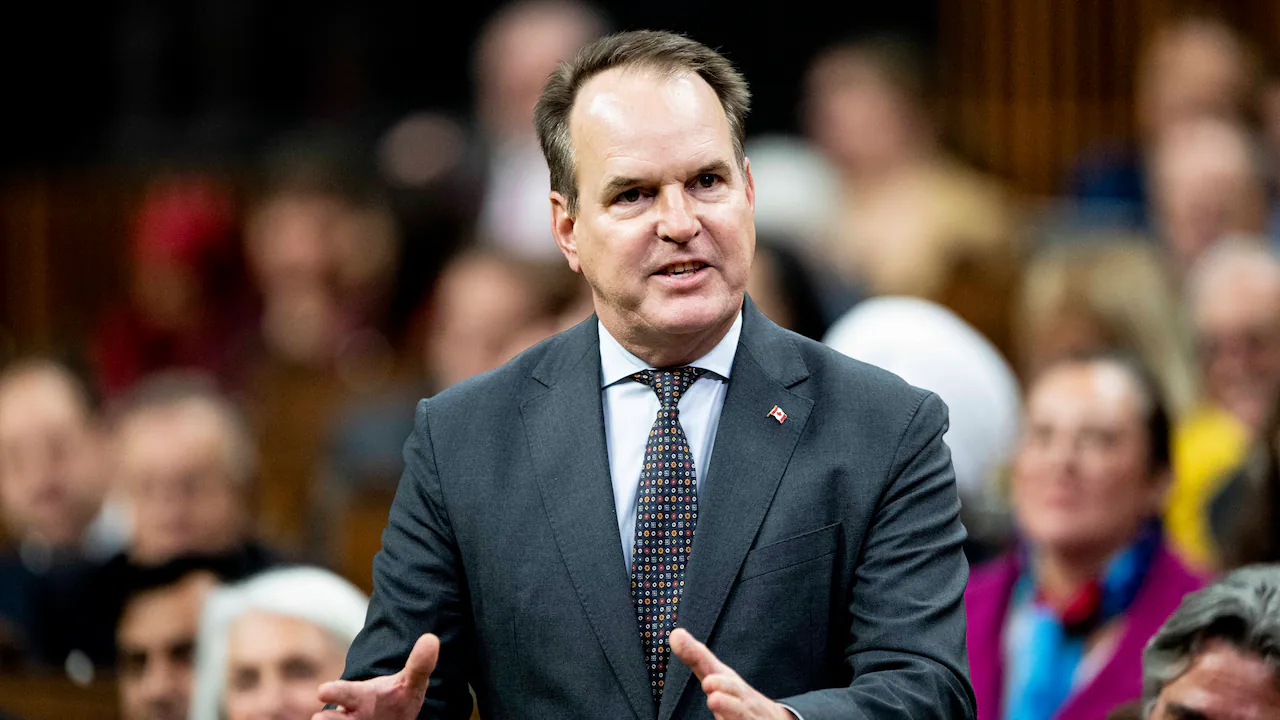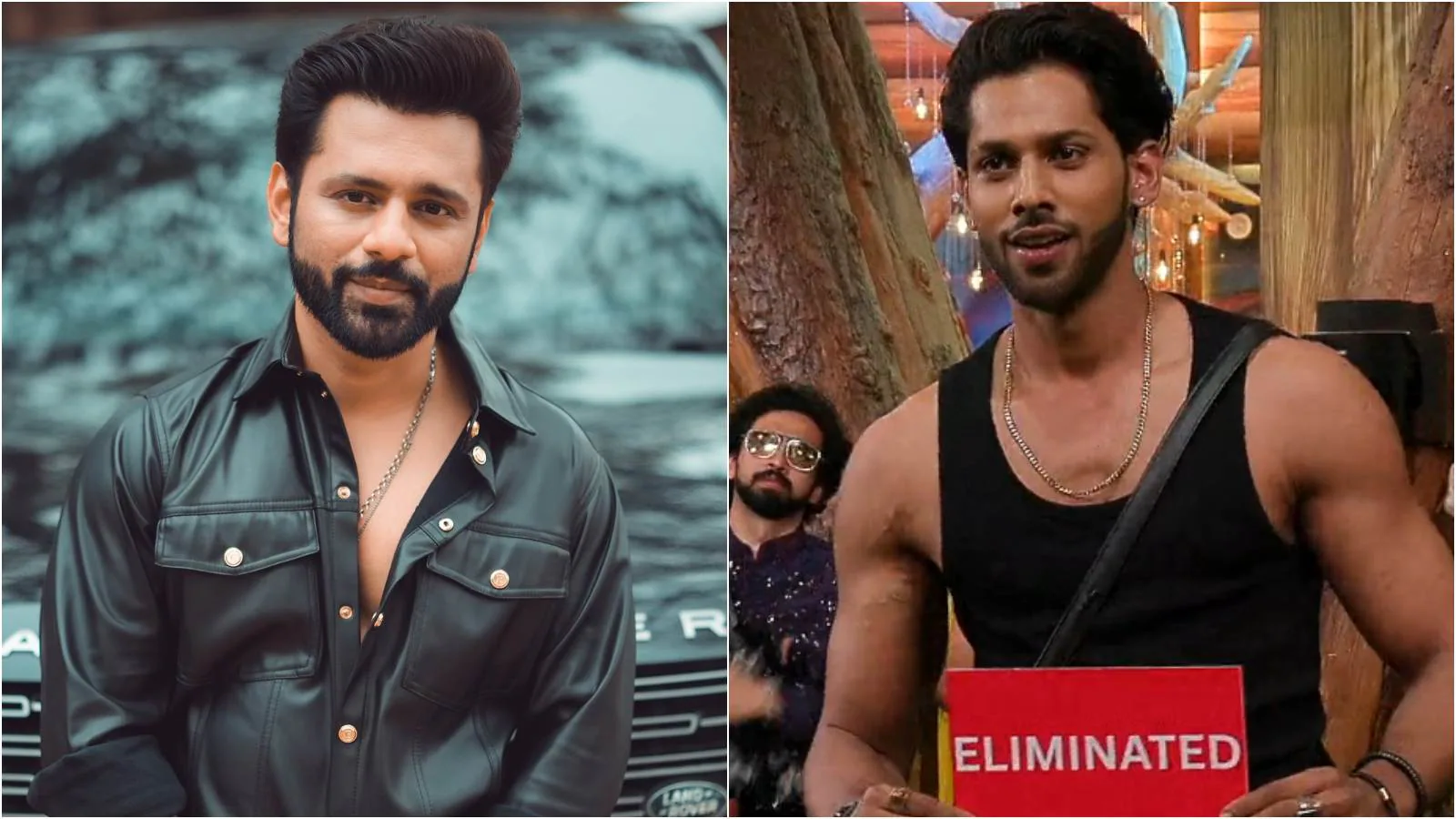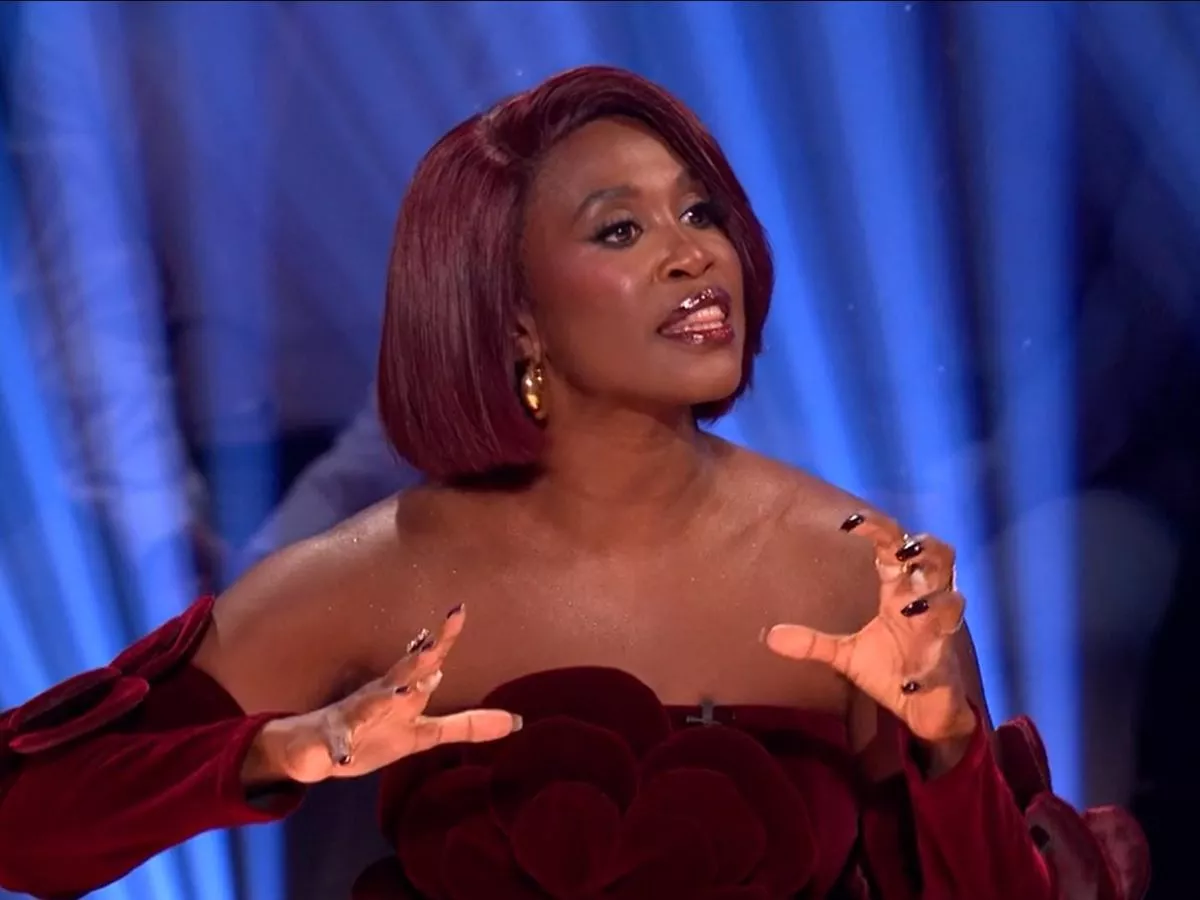Copyright cbc

Liberal House leader Steven MacKinnon says the government does not have enough votes at the moment to pass the upcoming federal budget — and he’s pressing opposition parties to consider whether they want another election. “As we speak right now, we don’t have the votes,” MacKinnon said in an interview on Rosemary Barton Live airing Sunday morning. He acknowledged Canada has a minority government but argued the Liberals have a mandate to move “this country forward economically.” The Liberal government will need the co-operation of at least one other party in order to pass the budget, which is being tabled on Nov. 4. Because the budget is a confidence vote, Canadians could be facing another election if it doesn’t pass. “The opposition parties will have to determine whether the differences between us are sufficiently large to cause the Canadians to go to the polls,” MacKinnon told host Rosemary Barton. “We would be reluctant to go to the polls.” As the Liberals work to shore up support, opposition parties have been laying out their demands publicly and in private meetings with Prime Minister Mark Carney. Conservative Leader Pierre Poilievre is demanding an “affordable budget” from the Liberals that includes broad tax cuts and keeps the deficit under $42 billion. He also wants Canada to ditch its industrial carbon tax. MacKinnon said Poilievre has put forward demands “he already knows are unattainable” and the Conservative leader wants to subtract “hundreds of billions of dollars of revenue from the federal government, so that’s pretty hard to square.” Meanwhile, Bloc Québécois Leader Yves-François Blanchet is demanding an increase to the federal health transfer to the provinces, new infrastructure investment, an expansion of the rapid housing initiative and boosting Old Age Security payments for those ages 65 to 75. At the beginning of October — before meeting with Carney — Blanchet blasted the Liberals, saying there were no consultations and “no legitimacy to this budget.” MacKinnon criticized those comments from Blanchet and said, “coming from someone with 22 seats in a 343-seat House of Commons, that’s a little rich.” However, the Liberal House leader sounded more friendly to NDP Leader Don Davies. He told Barton he would not lump Davies in with the other opposition leaders because the NDP have been more constructive in their feedback. “I have no idea what the NDP intends to do with respect to its votes on the budget. That’ll obviously be up to their caucus and to their party. But again, the math is pretty clear. We don’t have a majority,” MacKinnon said. When pressed by Barton whether it's the Liberals’ job to find that support, MacKinnon said conversations continue to happen with opposition parties and “we’re getting their input.” “But we believe we have a mandate, and at the end of the day, some hard choices are going to have to be made.” Carney laying groundwork for steep budget Over the week, Carney has been laying the groundwork for the budget, which is expected to be costly as the Liberal government tries to strengthen Canada’s economy in the face of punishing U.S. tariffs. After meeting with opposition party leaders, Carney told a group of university students Wednesday night that Canadians should be ready for some “challenges” and “sacrifices,” but “if we don’t act now, the pressures will only grow.” “I will always be straight about the challenges that we have to face and the choices we must make. And to be clear, we won’t transform our economy easily or in a few months — it will take some sacrifices and it will take some time." MacKinnon acknowledged that Canada will need to make hard choices “on the government operation side” and it won’t be able to do everything it would like so it can do more “on the investment side.” “We must make our supply chains better so that we can diversify markets away from the United States and send our products and our expertise both east and west,” MacKinnon said. “So we’ll be investing massively on that side, but we will be making hard choices on the spending side and that’s the kind of budget that this prime minister I think has described since he’s been sworn in.”



